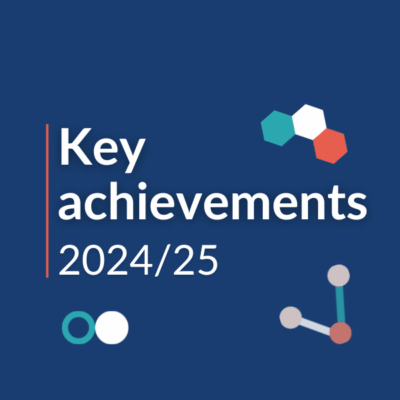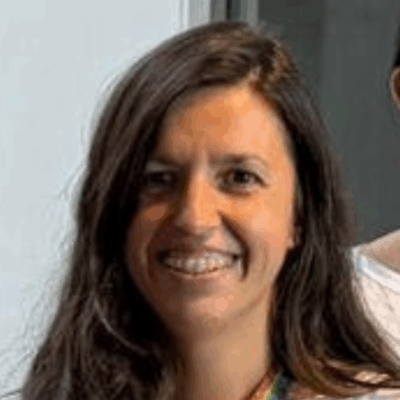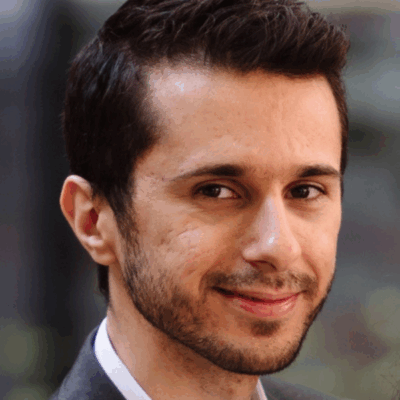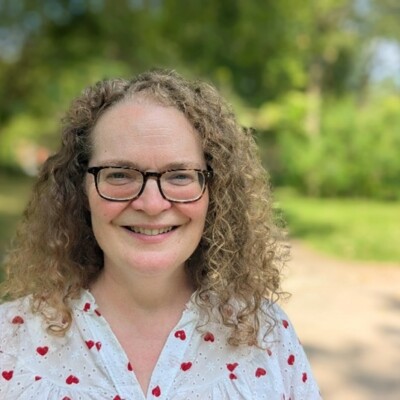
Celebrating our key achievements 2024-25
Demonstrating the impact it has made over the past year, the NIHR Manchester Biomedical Research Centre has published a summary of its key outcomes, outputs and progress.
Continue reading full article: Celebrating our key achievements 2024-25




